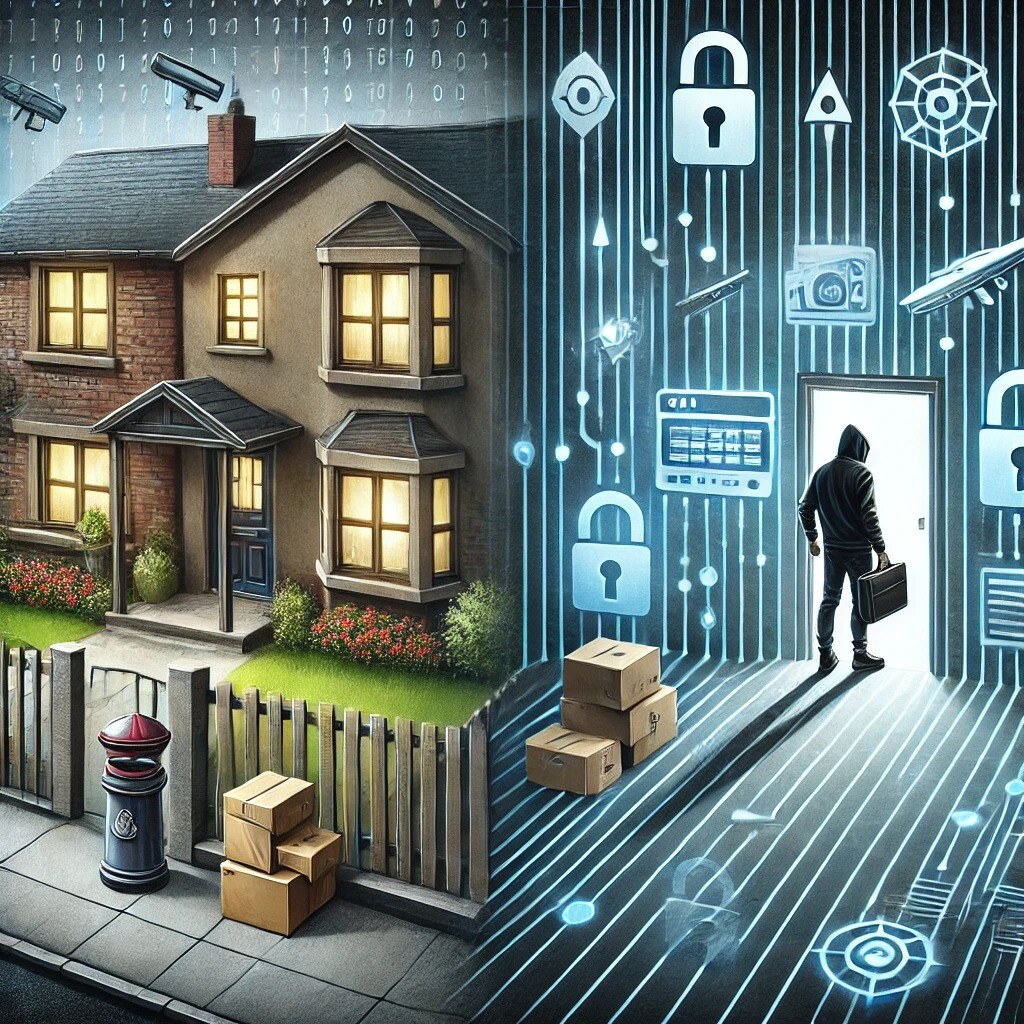In the digital age, concepts such as cyber security and cyber privacy have become indispensable for individuals and organisations. Although they are often
used interchangeably, they have significant differences. This article will explore both concepts, their key differences and their importance in an increasingly interconnected world.
What is Cybersecurity?
Cybersecurity refers to the protection of systems, networks and data against digital attacks. Its main objective is to ensure the integrity, confidentiality and availability of information.
Key Elements of Cybersecurity
- Network protection: Prevent unauthorised access and cyber-attacks.
- Security in devices and systems: Implement antivirus software and firewalls.
- Cyber attack prevention: Detect and mitigate threats such as malware, ransomware and phishing.
- Authentication and access control: Use of strong passwords and multi-factor authentication.
What is e-Privacy?
Cyber privacy, on the other hand, focuses on the protection of personal information and the right of users to control access to their data. It is not only about preventing attacks, but also about ensuring that data is collected, stored and used in an ethical and lawful manner.
Key elements of e-Privacy
- Protection of personal data: Preventing unauthorised access to sensitive information.
- Online anonymity: Use of VPNs, private browsers and data encryption.
- Rules and regulations: Compliance with laws such as GDPR and CCPA.
- Consent management: Control over how and when personal information is shared.
Why Are Both Important?
In a world where data is a valuable asset, both cyber security and cyber privacy are critical. Businesses must protect their digital infrastructure while ensuring that their customers' data is treated responsibly.
Best Practices to Protect Both Security and Privacy
- Use multi-factor authentication on all accounts.
- Implement virtual private networks (VPNs) for secure browsing.
- Keep systems and software up to date to prevent vulnerabilities.
- Read and understand the privacy policies of digital services used.
- Minimise the amount of personal data shared online.
Reflections and considerations
While cyber security protects against external threats, cyber privacy ensures that personal data remains under the control of the user. Both concepts are essential and complementary in the digital age. Businesses and users must adopt effective strategies to maximise online security and privacy.
In the digital world, the logic is the same:
🔒 Cybersecurity: Implement barriers and defences so that no one gains unauthorised access to our digital home or business.
🛡️ Cyberprivacy: Protecting our identity and personal data so that we are not an easy target for those who seek to take advantage of our vulnerability.
Just as we take care of our security in real life, we must also do so in the virtual environment.

